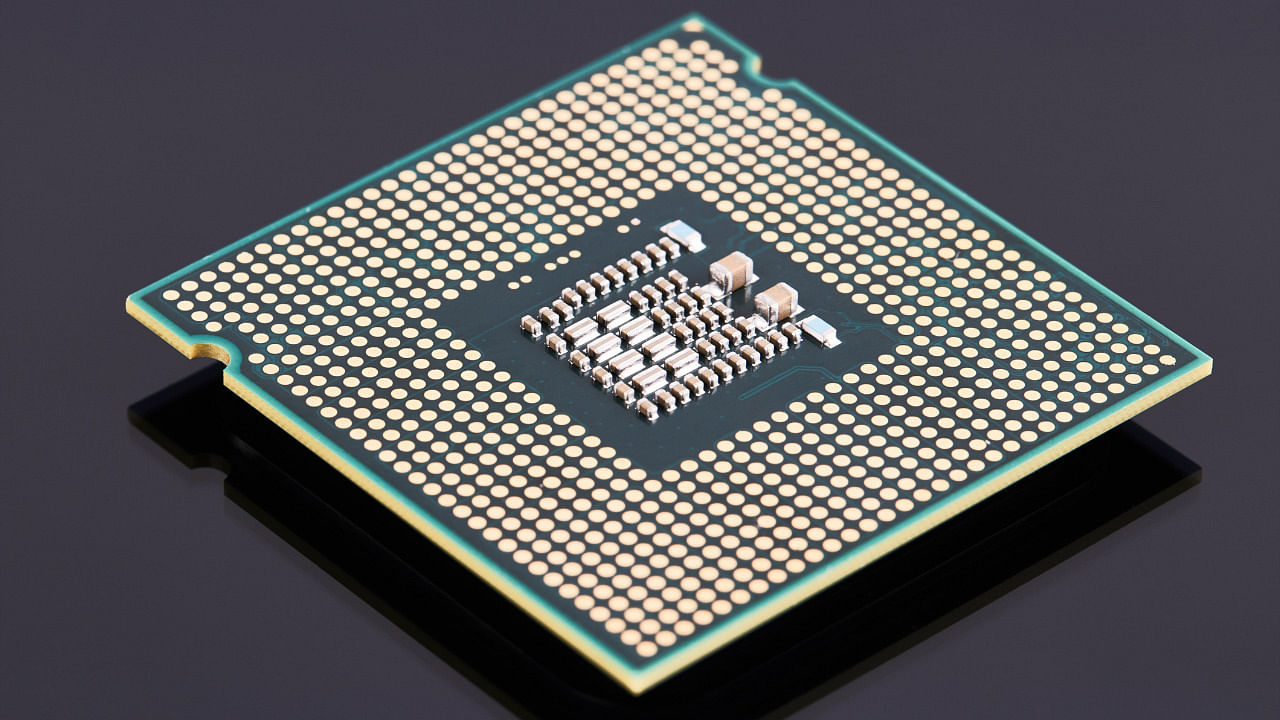
The global shortage of semiconductors, which earlier mostly affected the auto industry and some smartphone manufacturers, is now deepening to hurt makers of televisions, toasters, washing machines and other home appliances, according to a report by Financial Times quoting suppliers in Asia.
The publication reports that Chinese firms hit by sanctions are hoarding chips, making it difficult for some companies to procure simple chips to manufacture consumer electronics such as washing machines and toasters.
“Application processors, display drivers and camera sensors are all in short supply. As a result, we are seeing falling orders from Samsung in the current quarter,” a smartphone parts supplier to Samsung told the publication, adding, “Temporary sales falls are unavoidable but we expect the situation to improve from June as the delayed orders are likely to come in larger volume in the second half.”
Production of simple chips used in everyday electronic products has taken a backseat as manufacturers have allocated limited capacity to high-margin products, the website reported quoting an industry insider.
Like many other things in the modern world, from computers and cars to cash registers and kitchen appliances, the sensors require a couple of common, inexpensive semiconductors that have suddenly become a very scarce commodity.
Chip supply limitations are far from a new phenomenon. But past problems have typically concerned particular kinds of chips, like the types that help store computer memory or process vast amounts of data. This time, customers are also scrambling to find an array of simpler chips made in older factories. And those factories are difficult to upgrade.
(With inputs from International New York Times)